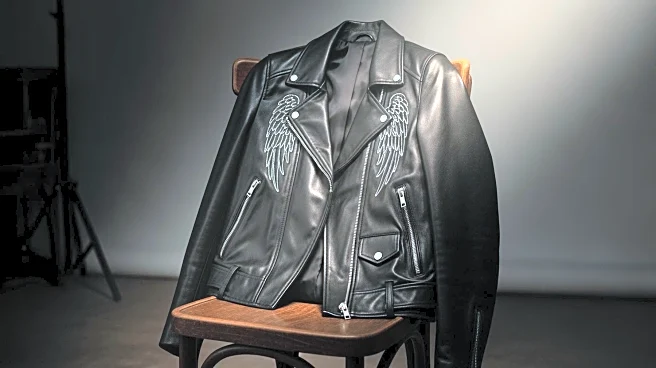What's Happening?
Cracker Barrel has faced criticism for implementing cost-cutting measures that have affected the quality of its food offerings. Employees revealed that the chain's 650 locations were instructed to prepare biscuits a day in advance, freeze them, and reheat them before serving, resulting in complaints about their texture. Similarly, meatloaf is cooked the day before and microwaved before serving. These changes were part of a directive aimed at saving costs and improving efficiency, but have led to dissatisfaction among customers. The company recently reversed these strategies following backlash over a logo change and declining sales.
Why It's Important?
The changes at Cracker Barrel highlight the challenges faced by restaurant chains in balancing cost efficiency with customer satisfaction. The backlash from customers underscores the importance of maintaining food quality, which is crucial for brand reputation and customer loyalty. The company's decision to revert these measures indicates a recognition of the negative impact on its business. This situation reflects broader industry trends where cost-cutting can lead to diminished product quality, affecting consumer perceptions and sales.
What's Next?
Cracker Barrel may need to reassess its operational strategies to address labor shortages without compromising food quality. The company might explore alternative solutions to improve efficiency while maintaining customer satisfaction. Additionally, the recent controversy over the logo change suggests that Cracker Barrel will need to carefully manage its brand image and customer relations moving forward.
Beyond the Headlines
The situation at Cracker Barrel raises questions about the ethical implications of prioritizing cost savings over product quality. It also highlights the cultural significance of traditional food preparation methods and their role in customer expectations. The company's experience may serve as a cautionary tale for other businesses considering similar cost-cutting measures.









